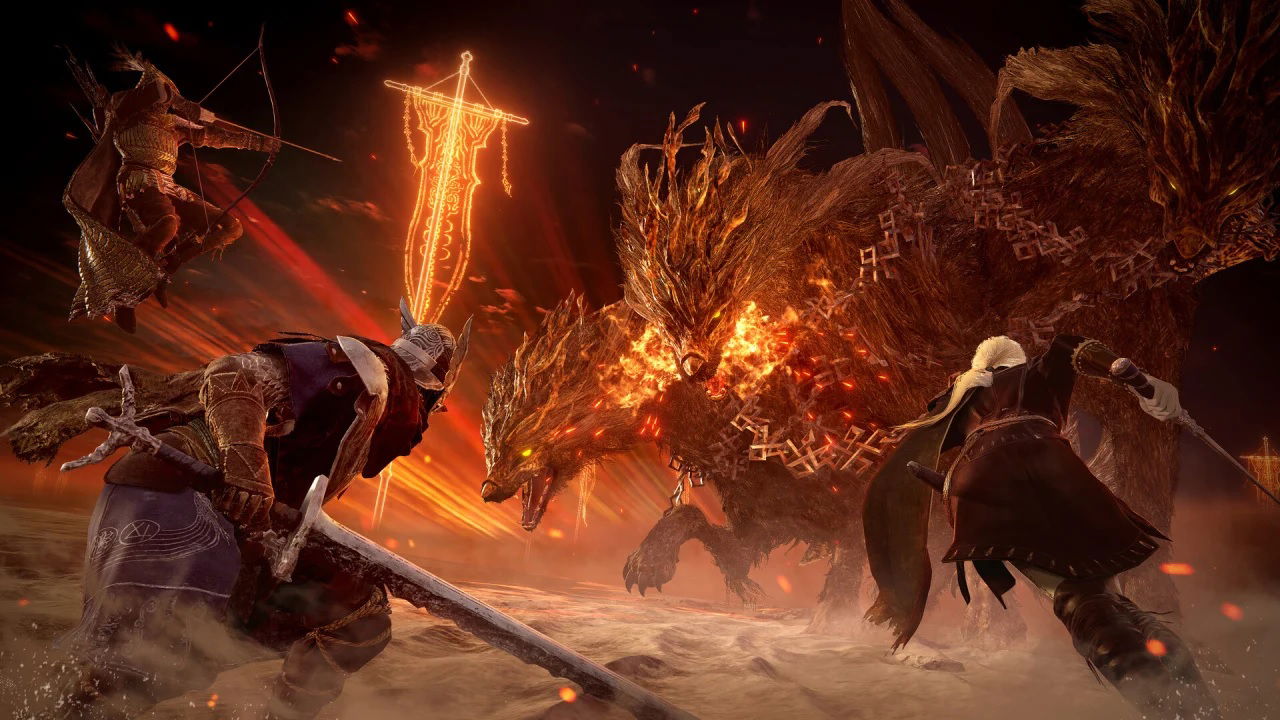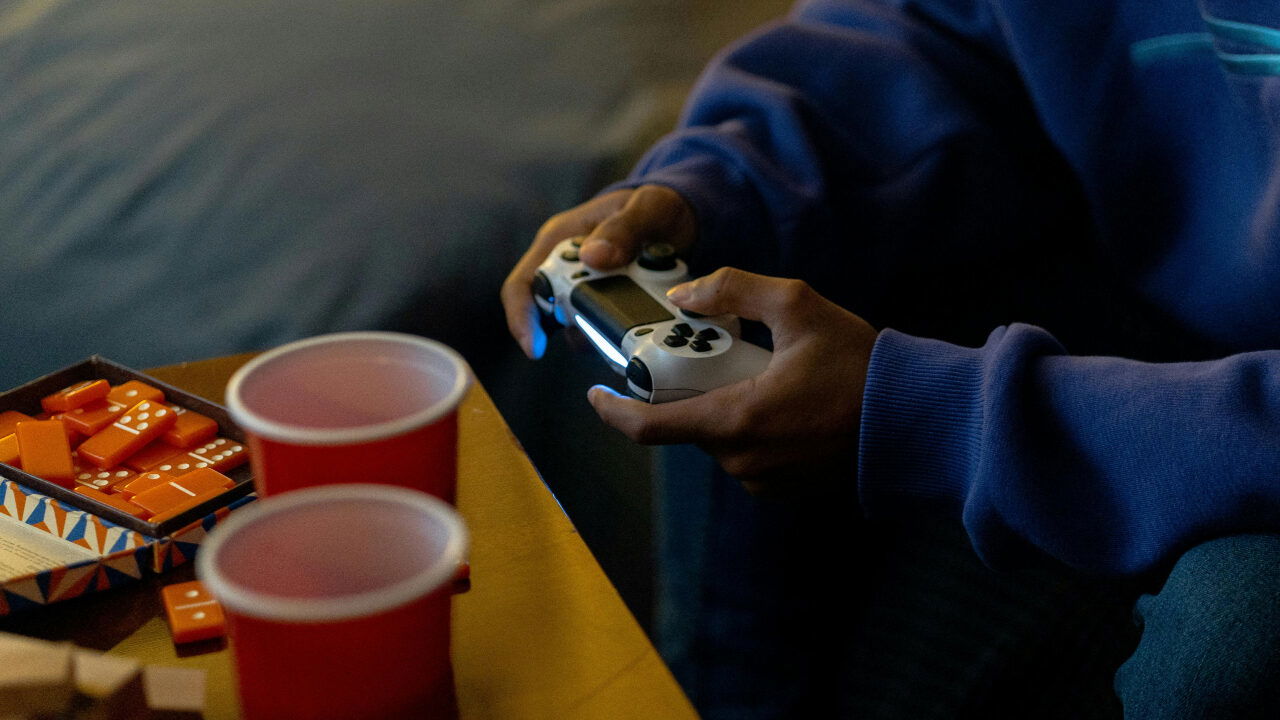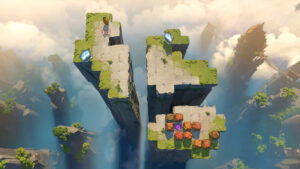Gamers love challenges. Nothing excites them more than having the odds stacked against them and overcoming them. It’s like pushing a giant boulder uphill and miraculously succeeding.
In reality, such mindless pursuits wouldn’t see the light of day. But tactics and strategies can yield unbelievable results in the fantasy-filled gaming realm. The more we push ourselves and test our limits, the stronger we become. The human spirit is indomitable; it constantly breaks new ground to reach new frontiers.
We see this in many fields, including medical science with research and development initiatives, space exploration, and our insatiable quest for knowledge, and even right here on planet Earth in our imaginative escapades in the infinite gaming arena.
We thrive on challenges. We are genetically engineered that way. Only through challenges do we grow and expand our horizons and learn new skills, attributes, qualities, and behaviours necessary to achieve pre-stated objectives.
The Psychology of Challenge-Seeking in the Gaming Realm
This begs the question – why do gamers deliberately seek out difficulty? What is it about complexity that is so enticing? Fortunately, science has the answers – at least some of them. Studies suggest that challenges in gaming trigger a mix of dopamine and adrenaline.
We all get it as players, on and off the field. These brain chemicals are associated with achievement and motivation. A sense of accomplishment washes over when players conquer levels, complete near-impossible missions, or finally destroy a seemingly indestructible enemy. You know the feeling – it’s pure bliss.
Games with high skill ceilings are renowned for the rush of chemical receptors to the brain. Progress is 100% earned in these games – nothing is taken for granted. It can be refining muscle memory in Soulsborne games, rushing up the leaderboard, or devising a battle strategy. When effort meets reward, players get hooked.
There is no shortage of engaging games for players. In fact, there are different games and different challenges. When skill and strategy are involved, the sky is the limit. Considering the comprehension, reasoning, planning, leading, organizing, and control elements involved, it’s clear that strategy games improve intelligence. We see evidence of this with smarter decisions on the battlefield.

Our internal hunger is precisely why we crave a challenge. Legendary games are available for players to command; each one tests our skills, patience, and strategies.
- Roguelikes & Soulsborne Games are brutal. They feature punishing action, and players are forced to learn from their failures. Mistakes serve as lessons, and every victory is earned and savoured.
- Battle Royale Games – many of us have played these, and we know them well. Ever-changing enemy encounters, with no second chances. In these games, players must outlast and outplay the competition. These games are highly unpredictable.
- Strategy Games – Whenever tactics and strategies are 100% responsible for your game outcome, you’re playing a strategy game. Chance has very little to do with the outcome. These are dynamic game scenarios where everything can turn on a dime.
- MMO & RPG Games – massively multiplayer online games and role-playing games feature prominently in most players’ gaming libraries. We’re talking about massive-scale strategic execution.
As a matter of fact, it doesn’t matter what particular game you are playing. The underlying mechanics are the same: players want to compete, improve, and evolve with every challenge.
The Metaverse and the Ultimate Challenge Ahead
Gaming technology is constantly evolving. This is good news because it challenges players to stay abreast of these developments. For example, AI-driven opponents are much smarter, more adaptive, and more menacing than ever before. VR worlds have introduced players to hyper-immersive, physics-based obstacles.
These test players’ physical and mental capabilities. The funny thing is the metaverse is in its infancy stages. Signs are pointing to a new reality of dynamic, ever-changing battlegrounds. In other words, players will encounter brand new challenges every time they play a game. Based on traditional thinking, where players mastered games by failing and repeating, this new paradigm upends convention entirely.
Final Thoughts
At its heart, gaming is so much more than mere entertainment. It is a battleground where players must prove their mettle time and again. It is a landscape of infinite possibilities where skills, attributes, and abilities can be fine-tuned to perfection.
The human spirit finds joy in the challenge. That is what makes gaming so exhilarating. In closing, ask not why gamers chase the next big challenge, but what’s next on the gaming horizon.



